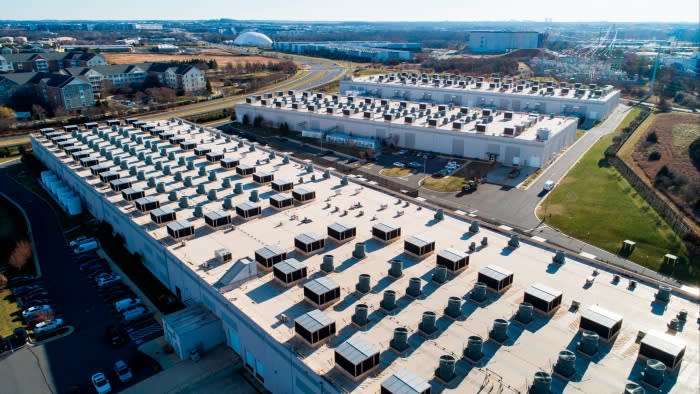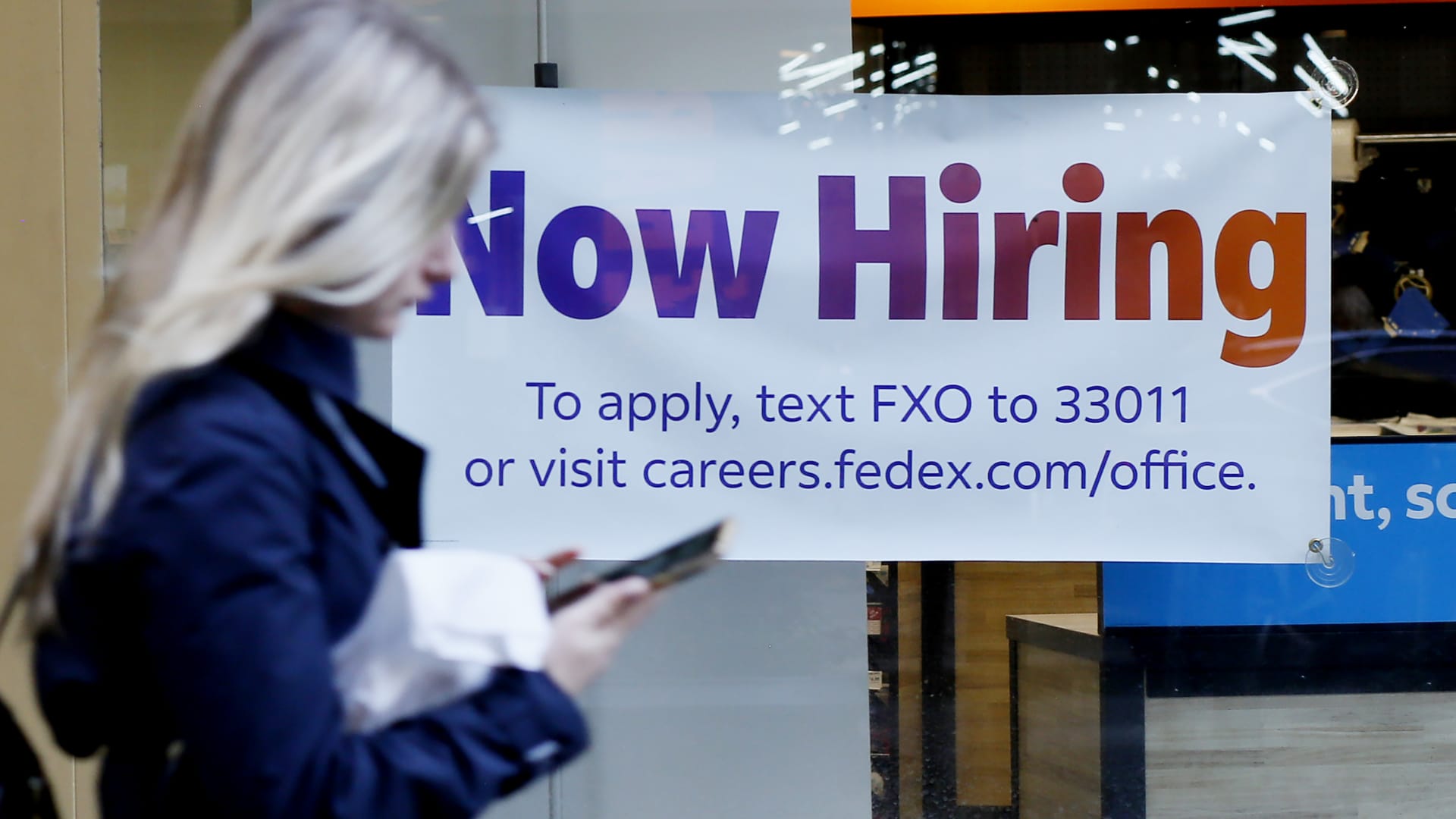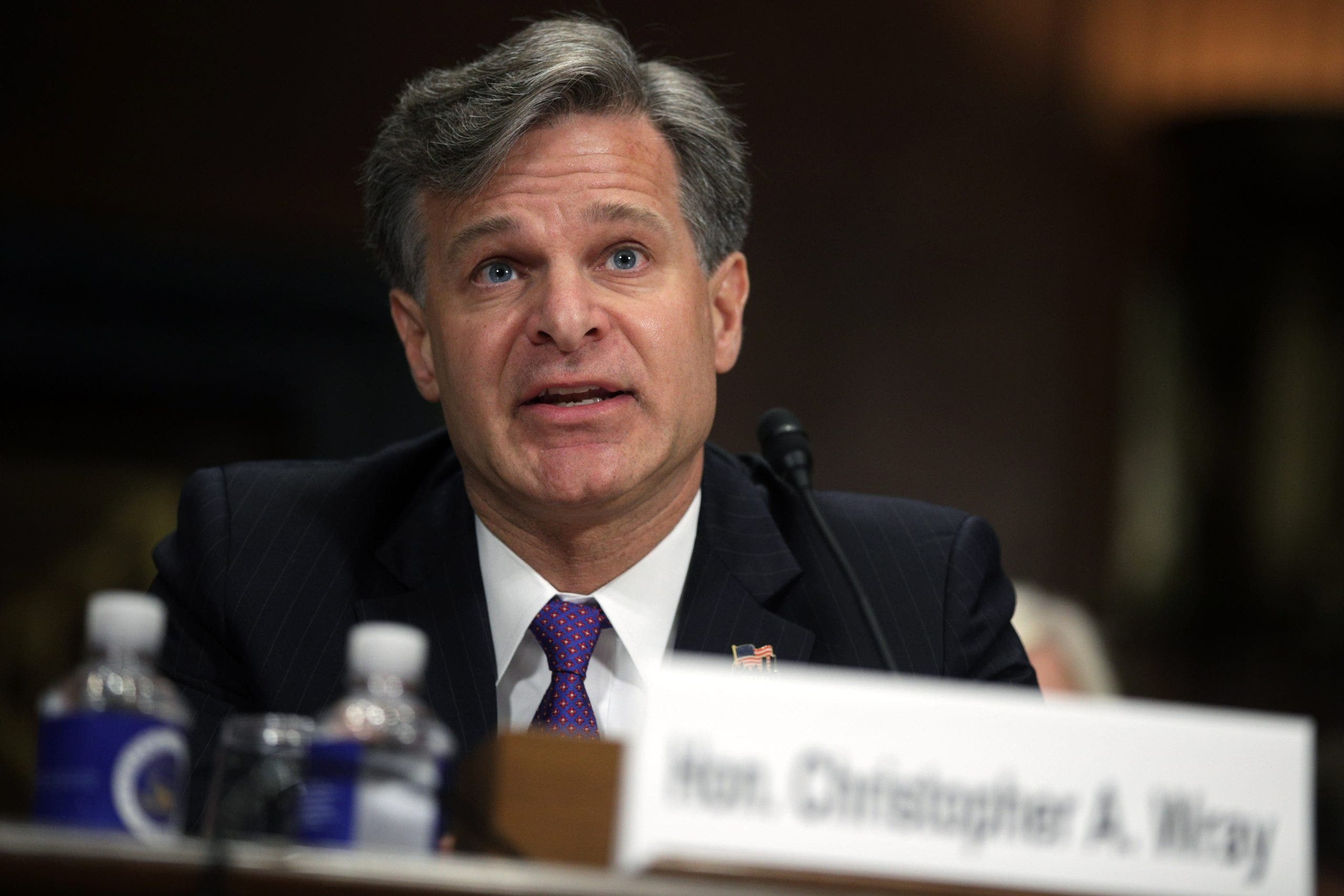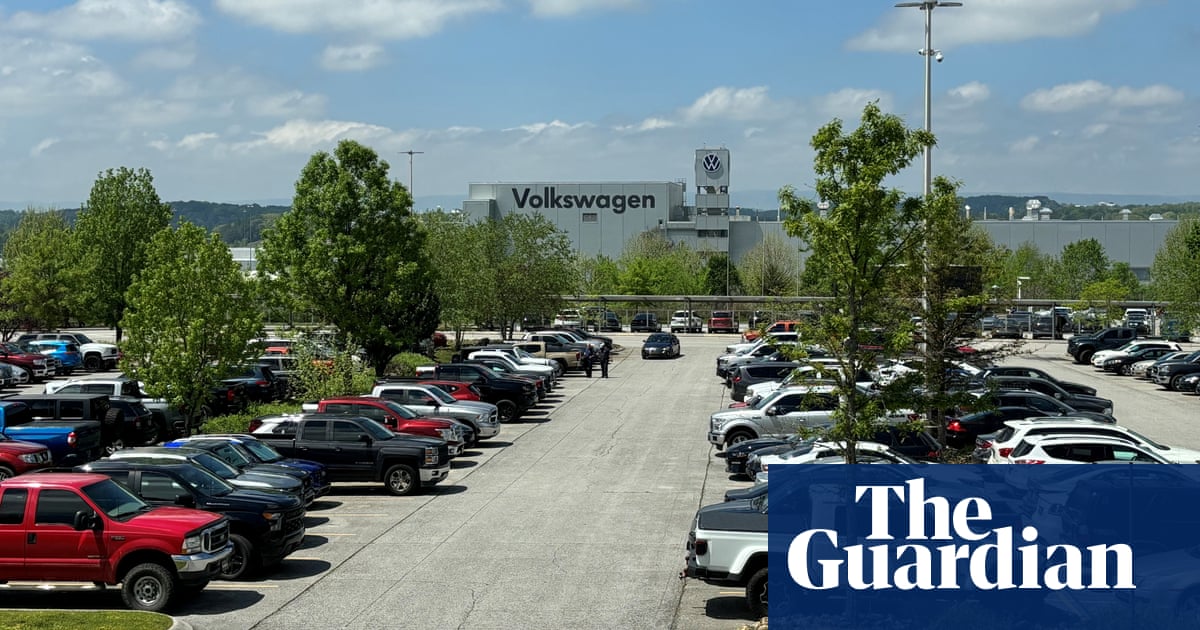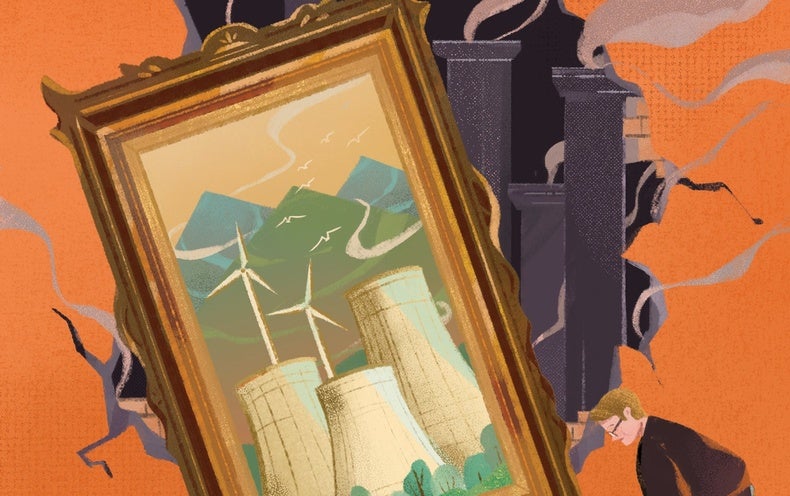
New Nuclear Power Plants Are Unlikely to Stop the Climate Crisis
Last fall my Harvard University class and I went through an exercise to help the students understand how the world might address the climate crisis and keep the average global temperature increase below two degrees Celsius. Guided by John Sterman, a management professor at the Massachusetts Institute of Technology, the students pretended to be climate negotiators, offering or blocking climate policies. Then, using En-ROADS, a computer simulation of the effects of climate policies that Sterman co-developed, they were able to see the consequences of their proposals on the 2100 average global temperature.
The exercise offered both bad news and good. The bad news is that keeping the rise in temperature below 2° C is going to be very hard and holding it under 1.5° probably impossible. The good news is that the challenge can be met—if we implement a large portfolio of solutions, the most important of which are eliminating fossil-fuel subsidies and putting a stiff price on carbon.
None of this will come as a shock to climate experts: our results were consistent with numerous reports that have argued against the silver bullet approach and in favor of “silver buckshot.” But several things surprised the students. One was that planting a trillion trees doesn’t help much, because it takes too long for them to grow. Another was that nuclear power doesn’t help either, for essentially the same reason: nuclear plants take too long to build and bring online. Globally, the average construction time is about 10 years, and you need to add many years on to that period for site selection, regulatory approval and licensing. Some notorious examples have taken much longer. The most recent nuclear power reactors built in the U.S., at Georgia Power’s Vogtle plant, were started in 2013 and are still not finished. That’s the problem with imagined “breakthrough” technologies, too. Breakthroughs can be sudden, but implementation is slow.

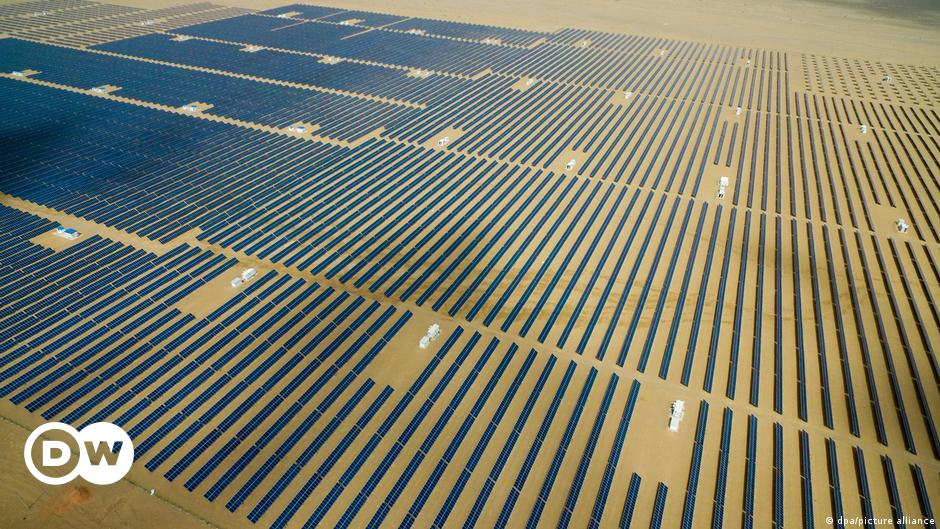
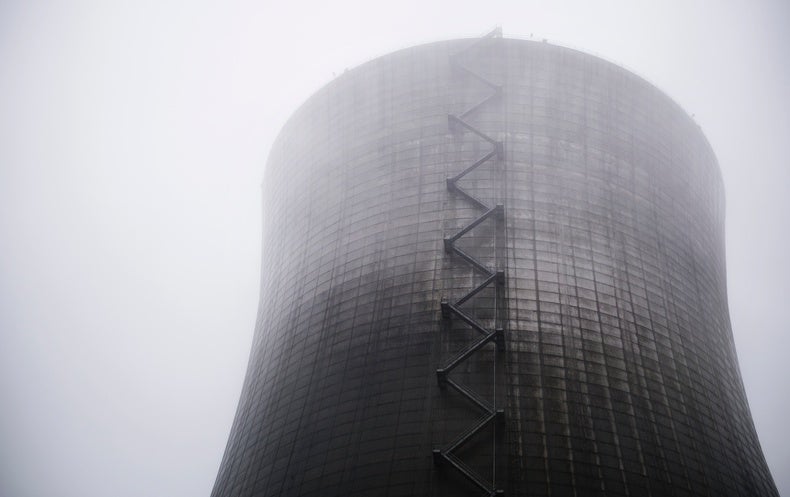

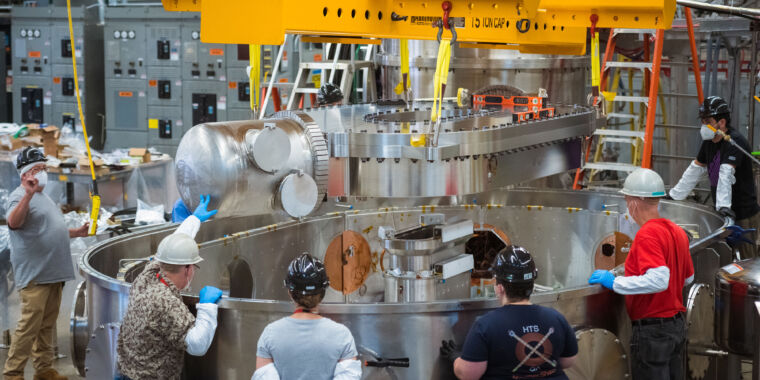

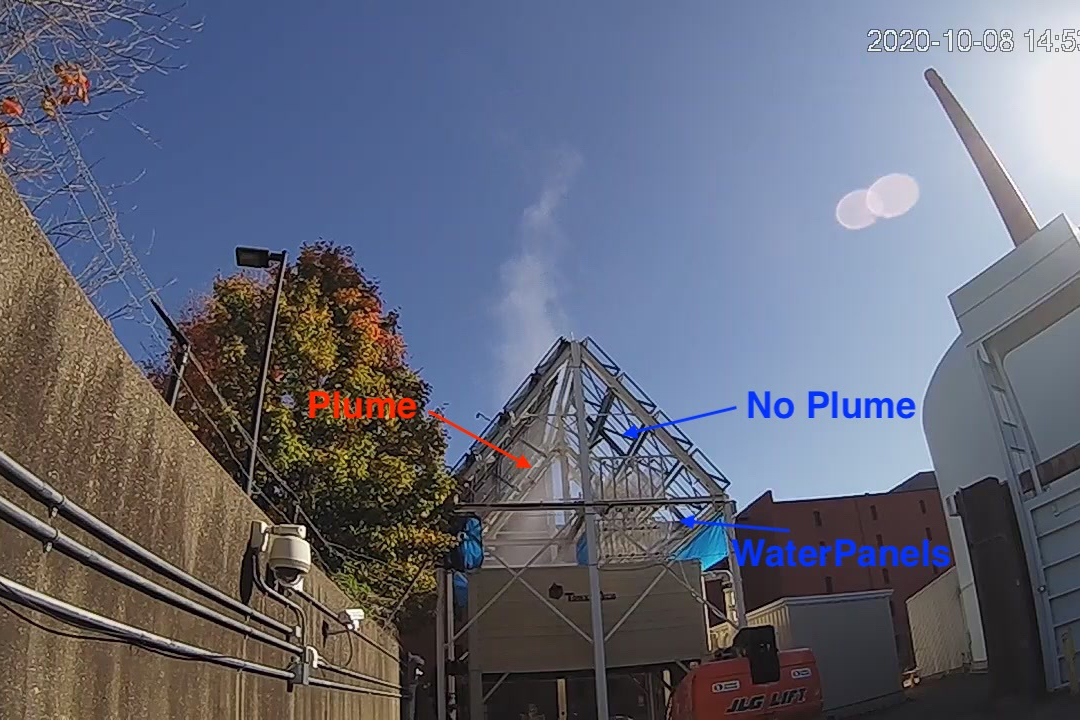
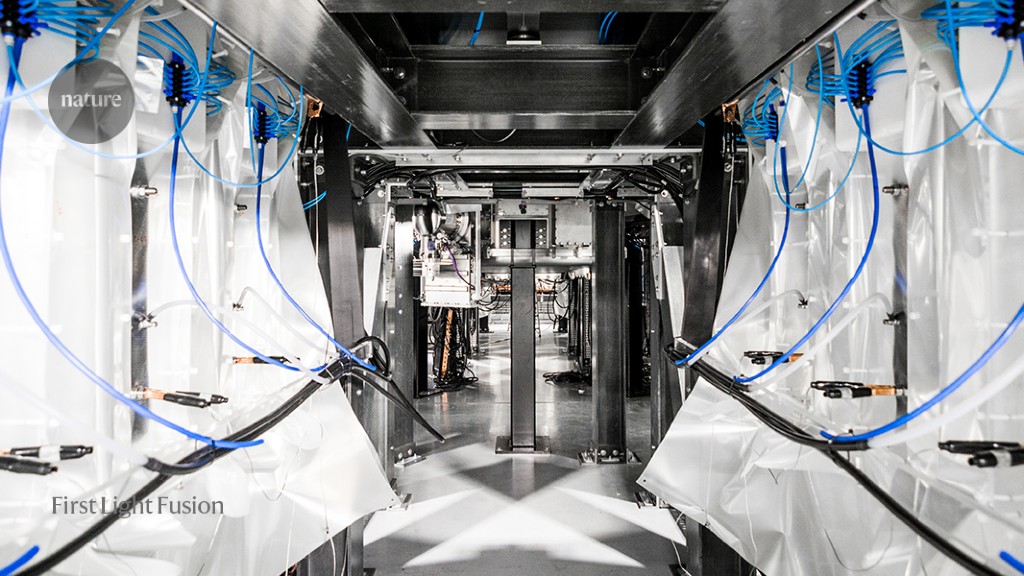


/cdn.vox-cdn.com/uploads/chorus_asset/file/25330660/STK414_AI_CHATBOT_H.jpg)



